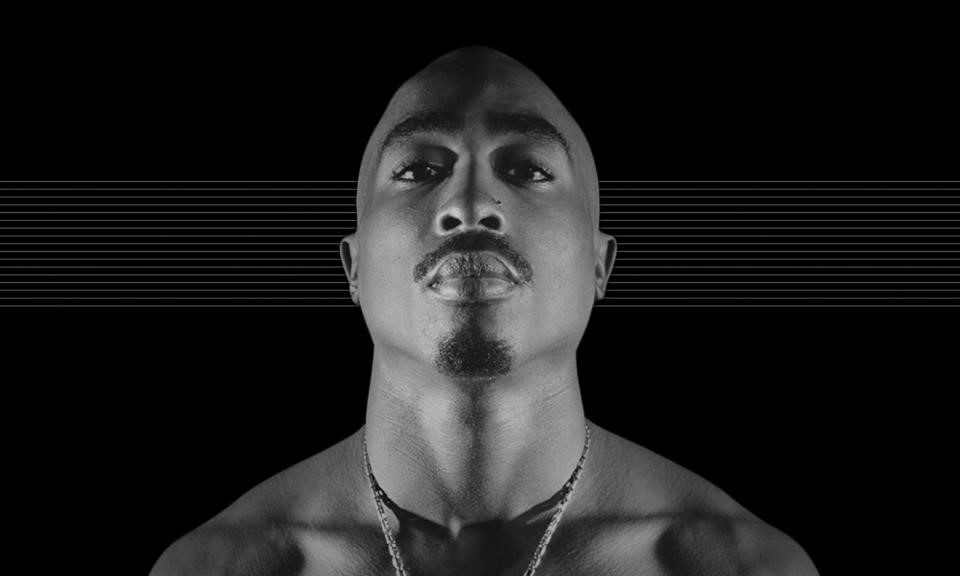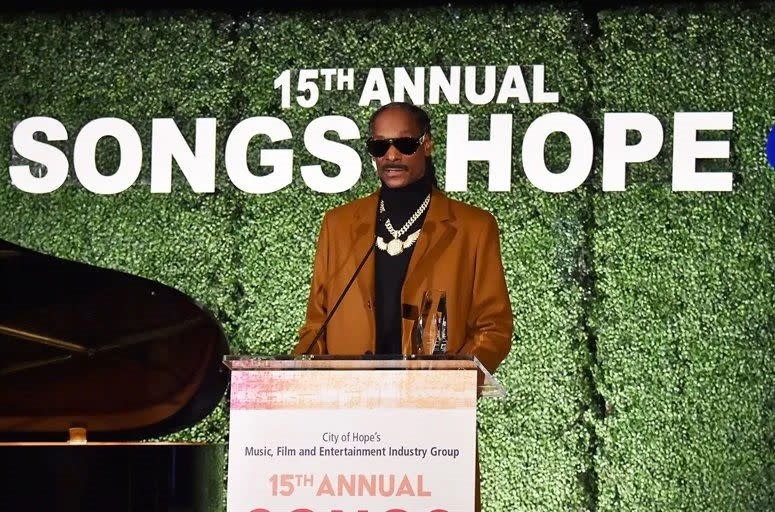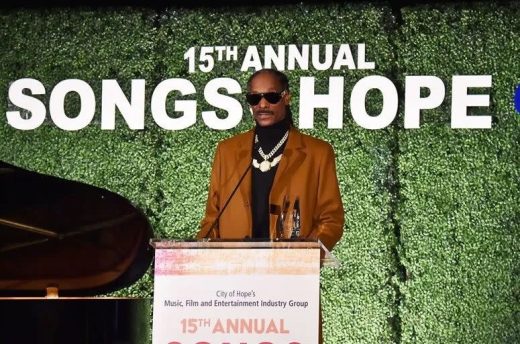Tupac’s estate threatens to sue Drake for his AI-infused Kendrick Lamar diss
Tupac’s estate threatens to sue Drake for his AI-infused Kendrick Lamar diss
Shakur’s estate may deliver Drake his AI comeuppance.

Tupac Shakur’s estate is none too happy about Drake cloning the late hip-hop legend’s voice in a Kendrick Lamar diss track. Billboard reported Wednesday that attorney Howard King, representing Mr. Shakur’s estate, sent a cease-and-desist letter calling Drake’s use of Shakur’s voice “a flagrant violation of Tupac’s publicity and the estate’s legal rights.”
Drake (Aubrey Drake Graham) dropped the diss track “Taylor Made Freestyle” last Friday, the latest chapter of the artist’s simmering decade-long feud with Pulitzer and 17-time Grammy award winner Kendrick Lamar.
“Kendrick, we need ya, the West Coast savior / Engraving your name in some hip-hop history,” an AI-generated 2Pac recreation raps in Drake’s track. “If you deal with this viciously / You seem a little nervous about all the publicity.”
Representing Shakur’s estate, King wrote in the cease-and-desist letter that Drake has less than 24 hours to pull down “Taylor Made Freestyle,” or the estate would “pursue all of its legal remedies” to force the Canadian rapper’s hand. “The unauthorized, equally dismaying use of Tupac’s voice against Kendrick Lamar, a good friend to the Estate who has given nothing but respect to Tupac and his legacy publicly and privately, compounds the insult,” King wrote, according to Billboard.
“The Estate is deeply dismayed and disappointed by your unauthorized use of Tupac’s voice and personality,” King wrote. “Not only is the record a flagrant violation of Tupac’s publicity and the estate’s legal rights, it is also a blatant abuse of the legacy of one of the greatest hip-hop artists of all time. The Estate would never have given its approval for this use.”

“Taylor Made Freestyle” also used AI to clone Snoop Dogg’s voice, with Drake using digital clones of two of Lamar’s west-coast hip-hop influences to try to hit him where it hurts. In a video posted to social media the following day, Snoop didn’t appear to know about the track. “They did what? When? How? Are you sure?”, the 16-time Grammy nominee and herb connoisseur said. “Why everybody calling my phone, blowing me up? What the fuck? What happened? What’s going on? I’m going back to bed. Good night,” he continued.
Engadget emailed Snoop Dogg’s management to ask about his thoughts on Drake cloning his voice. At the time of publication, we hadn’t heard back.
The saga contains more than a bit of irony — if not outright hypocrisy — from Universal Music Group (UMG), the label representing Drake. You may remember the track “Heart on My Sleeve” by “Ghostwriter977,” which briefly went viral last year. It was pulled after UMG complained to streaming services because it used an AI-generated version of Drake’s voice (along with The Weeknd).
Engadget asked UMG if it approved of Drake’s use of AI-generated voices in “Taylor Made Freestyle” and where it stands on the broader issue of using artists’ digital clones. We haven’t received a comment at press time. Without a clear explanation, it’s hard not to see the label as being on the side of whatever seems most financially advantageous to it at any particular moment (surprise!).
Laws addressing AI-cloned voices of public figures are still in flux. Billboard notes that federal copyrights don’t clearly cover the issue since AI-generated vocals typically don’t use specific words or music from the original artist. Mr. King, speaking for Shakur’s estate, believes they violate California’s existing publicity rights laws. He described Drake’s use of Shakur’s voice as forming the “false impression that the estate and Tupac promote or endorse the lyrics for the sound-alike.”
Last month, Tennessee passed the ELVIS (“Ensuring Likeness Voice and Image Security”) Act to protect artists from unauthorized AI voice clones. The “first-of-its-kind legislation” makes copying a musician’s voice without consent a criminal Class A misdemeanor.
But none of the parties involved in this feud are in Tennessee. On the federal level, things are moving much more slowly, leaving room for legal uncertainty. In January, bipartisan US House legislators introduced the No Artificial Intelligence Fake Replicas And Unauthorized Duplications Act (“No AI FRAUD”), putting cloned voices like those Drake used in the government’s crosshairs. Congress hasn’t taken any public action on the bill in the more than three months since.
“It is hard to believe that [Tupac’s record label]’s intellectual property was not scraped to create the fake Tupac AI on the Record,” King wrote in the cease-and-desist letter. He demanded Drake offer “a detailed explanation for how the sound-alike was created and the persons or company that created it, including all recordings and other data ‘scraped’ or used.”
(9)


